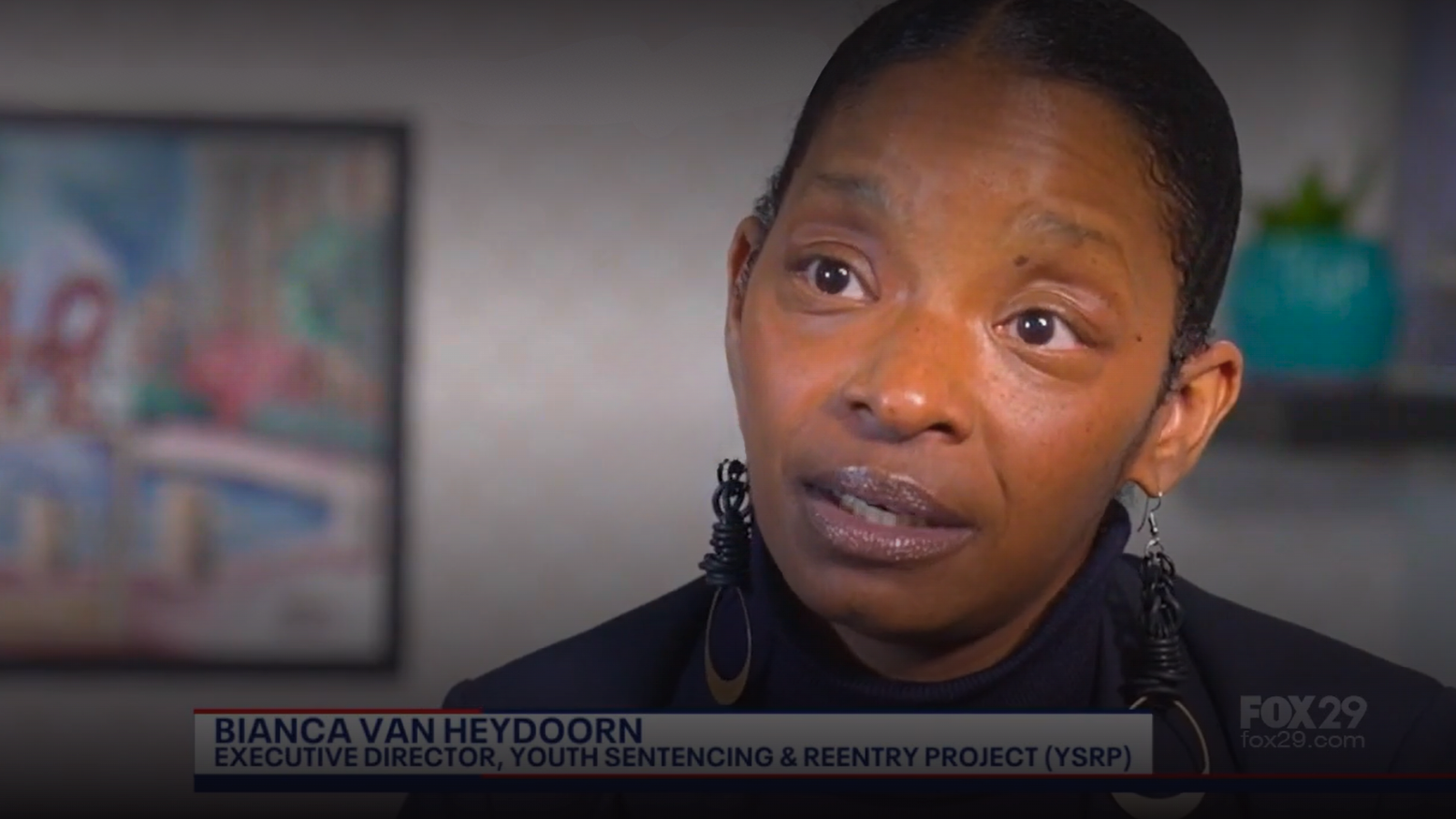In a recent episode of “Returning Citizens: Life Beyond Incarceration” featuring YSRP, host Paul Butler…
PA Juvenile Justice Task Force Issues Recommendations

The Pennsylvania Juvenile Justice Task Force, initially convened by Governor Wolf, the Chief Justice of the PA Supreme Court, and leadership from the legislature in December 2019, issued its final recommendations to overhaul the state’s juvenile justice system in a report released on June 21, 2021. Task Force members include a range of stakeholders, including legislators from both houses and parties, juvenile court judges, law enforcement, directly-impacted young people, service providers, district attorneys, defense attorneys, and institutional leaders. The final recommendations, 35 in total, are encouraging to us and our co-leaders of the Care, Not Control campaign, and incorporate a bedrock belief of YSRP: that children cannot be treated as if they were adults by our legal system. As founding members of the Care, Not Control campaign, we applaud the members of the Task Force for including some critical first steps to redress the immense harm that young people, who are disproportionately Black and Brown, face when interacting with juvenile and adult legal systems.
Of particular note is the Task Force’s recommendation to end “Direct File,” the statute that automatically places youth charged with certain types of offenses in adult court. The Task Force also recommended raising the minimum age at which a child can be tried in adult court to 16, which marks a significant shift over current practice, where the functional minimum age is 10. These recommendations signify important first steps. However, we join with our Care, Not Control campaign partners in declaring that:
We need bold, lasting change to fully address the trauma youth incarceration creates. We applaud the recommendations to repeal Pennsylvania’s direct file laws and place more strict limits on when young people’s cases can be transferred to adult court, to limit the use of detention and out-of-home placements, and to eliminate most fines and fees, all of which address critical and long overdue changes. The full recommendations, however, do not go nearly far enough.”
Click here to read the Care, Not Control campaign’s full statement in response to the report.
We are eager to take action with our Care, Not Control partners to ensure that these recommendations go farther to ensure that the juvenile justice system in PA becomes one that affirms the dignity, humanity and worth of young people in its care — one that offers care, not control.




